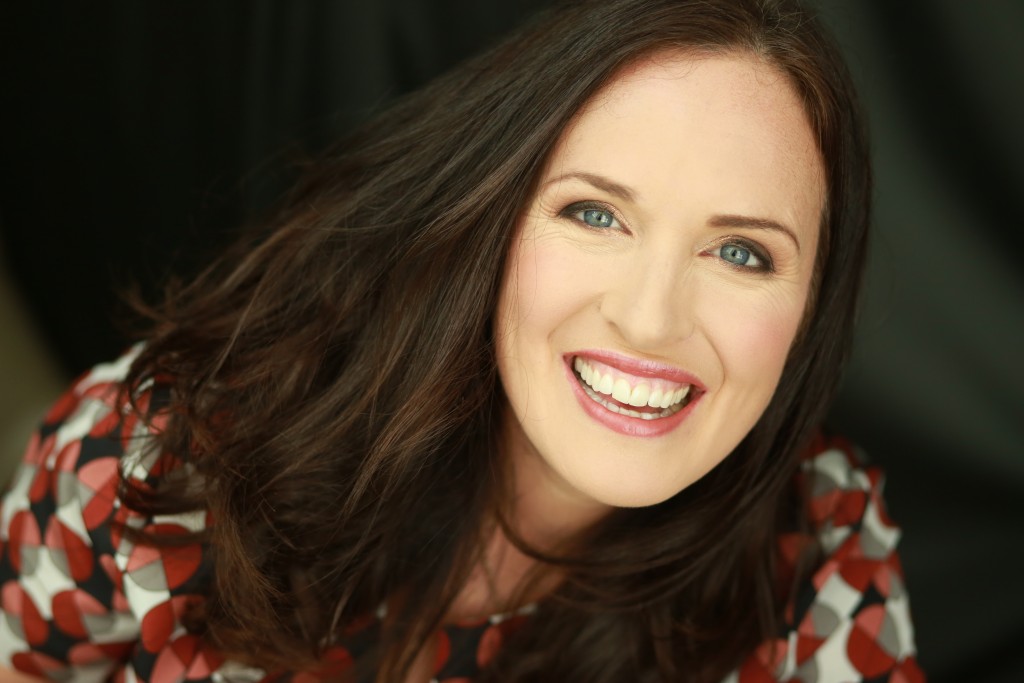Our winter issue is out now. Feng Shui expert and inspirational speaker Amanda Sophia shares her valuable wisdom on how we can reclaim our power by embracing sovereignty. Dive on in to find out more…
boundaries
In a world where it can sometimes be difficult to stand in our power and be assertive, Dawn Cartwright offers her advice on how we can clearly communicate ‘our true ‘yes’ and our honest ‘no”. This article appears in our Autumn 2018 issue – to pick up a copy, just check your nearest stockist or subscribe to the magazine today.

The Art of Assertiveness
When to say yes and how to say no
by Dawn Cartwright
According to researchers at Cornell University, we make 35,000 conscious decisions each day. That’s thirty-five thousand opportunities every single day to move closer to, or farther away from, our dreams. Our decisions create our future. The clearer we are about when to say ‘yes’ and how to say ‘no’, the more likely we are to be true to ourselves and create a life that reflects who we are.
In a world where there’s pressure to conform and fit in, decisions are often made based on expectations, rather than the truth we feel inside. We lose ourselves. We slide into accommodating others because it seems easier. We avoid the less familiar emotions, and the closeness and bonding that comes from facing and working through them, to maintain an illusion of peace. We feel our true ‘yes’ and our honest ‘no’ and we second guess them, or push them aside. Yet we long to be intimate. We long to be accepted. We long to be loved as we truly are.
How do we get in touch with our innermost feelings and thoughts? What does it mean to be someone who says ‘yes’ and ‘no’ honestly? How do we express ourselves truthfully, with kindness? How do we create a life filled with possibility, intimacy and freedom? How do we become who we are capable of being?
In 1943 Abraham Maslow introduced Positive Psychology, the scientific study of the positive and elevating aspects of human behaviour. Maslow believed that every human being has a strong desire to realise their full potential, to be who they are capable of being. He created a model called Maslow’s Hierarchy of Needs, providing a map to becoming who we truly are. This map is useful in our quest to know when to say yes and how to say no.
When To Say Yes
- The Basics: Do you have shelter? Clothing? Food? Clean water? Are you meeting your sexual needs? If not, the stress of these unmet needs will interfere with your inner compass. Meet these needs and you’ll create a strong foundation. You’ll begin to recognise when you’re saying ‘yes’ because you’re depleted, cold, tired, hungry, thirsty or sexually unfulfilled, and when you’re saying yes because yes is what you truly feel.
- Safety: Our vigilant brain is the part of the brain that registers a threat and prompts us to say ‘yes’ to keep us from harm. Human beings have a natural desire for a predictable, orderly world. Having a daily routine like a morning walk or an evening meditation is a great way to create stability. Meet these needs and your ‘yes’ will be grounded in safety.
- Belonging: Humans are tribal beings. The need for togetherness is probably one of the most important and least met needs in the world today. Create healthy friendships. Engage in group activities that are meaningful to you. Meet this need and your yes will no longer come from a fear of being abandoned. Instead, yes will boost your feeling of belonging.
- Self-Esteem: A healthy sense of self is essential to being and becoming who we’re meant to be. When our self-esteem is low, we say ‘yes’ to gain approval. When self-esteem is high, we align with our core values no matter what. Know your core values, make a list.
- The Peak: Be truly you. That’s when your yes to others matches the yes you feel inside.
How To Say No
- The Basics: Fill your own cup. If you’ve had enough sleep, food, water and sex, chances are you’ll be more in touch with your natural generosity. You’ll be alert, relaxed, open and present, this in itself is a gift. Turn toward the person you’re saying no to, put both feet on the ground, relax your body, feel your generosity and say ‘no’.
- Safety: Pace yourself. Create a pace in all your relationships that makes it possible for you to maintain connection with yourself and with the other. Create emotional stability and safety for yourself and this will translate as emotional stability and safety for the other when you say ‘no’.
- Belonging: Be tribal. When we’re afraid to say no, we disappear and abandon the other person emotionally. Stay connected to your own heart. Stay emotionally connected to the other. Build a bridge of togetherness when you say ‘no’.
- Self-Esteem: Share your values. Believe in yourself. Believe in the other person. You are resilient! They are resilient! Self-acceptance makes you trustable and compassionate. Open your heart, be respectful, say ‘no’.
- The Peak: You are incredibly you. When you have fulfilled all your needs and you are consistently being and becoming who you are meant to be, your no is as positive as your yes.
Dawn Cartwright is a Tantric visionary, sacred writer, world traveler, and innovator in bio-energetic Tantra fusion. You’re invited to join her in 2019 for The Red Tent: Women’s Sacred Sexuality, April 12th – 14th, Be Fully Alive: Level 1 Tantra Immersion, April 26th – 28th, in the Wicklow Mountains and Weaving the Beloveds: Couples Tantra Retreat, May 3rd – 6th, in Lower Rosses, Sligo.
Here is a sneak peek of an article in our new Spring issue, written by one of our wonderful regular contributors, Amanda Collins. Here, she discusses the fine line between authentic service and people pleasing, and why it is important for us to learn how to say ‘no.’ You can read the full article in the Spring issue, available now from stockists around the country. You can also subscribe to receive a copy directly to your door!

by Amanda Collins
Being of service is something that should feel joyful and fulfilling. If it does not, that is a clear sign that your motive may be to please someone, not to truly serve. Being of service feeds our soul, while people pleasing depletes us.
When you are being of service, your actions are authentic and nourish you. You know that you are making a difference in someone’s life. You know that you are creating kindness and spreading goodness.
But when you find yourself driving to someone’s home to deliver a meal, or walking someone’s dog, or doing whatever favour you have offered to do, and you begin to feel resentful, even angry, then you are probably motivated by people pleasing. Your motive is negative and so is the energy you bring to the task.
People pleasing depletes us because we are giving away our power. Here are some questions to ask yourself when you feel that your intention and motive might be people pleasing:
- Am I acting out of a lack of self-love?
- Am I doing this because I lack self-esteem or feelings of self-worth?
- Am I worried about what this person will think of me if I say “no”?
- Do I think this person will love and accept me for doing this favour?
- Do I respect my own boundaries while doing this?
- Am I seeking personal validation as a good person while doing this?
If you discover yourself to be a people pleaser, exhausted by constantly saying “yes” to others, you may want to look for the sources of your behaviour in your childhood conditioning.
Read the full article in our newly-released Spring issue, available now from stockists around the country. You can also subscribe to have a copy sent straight to your door.



